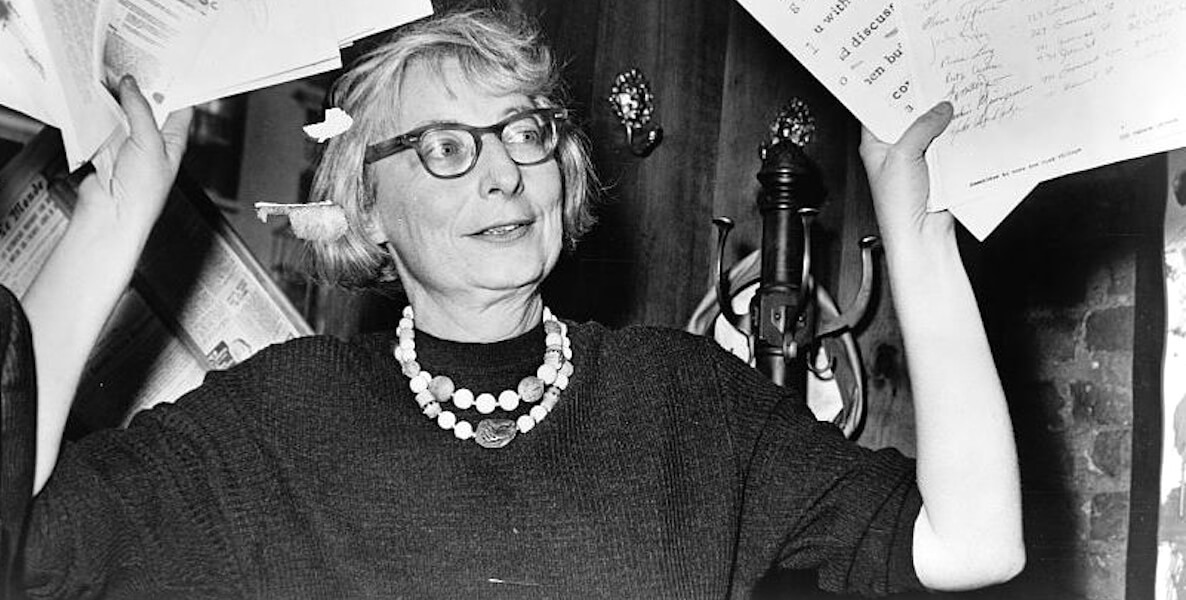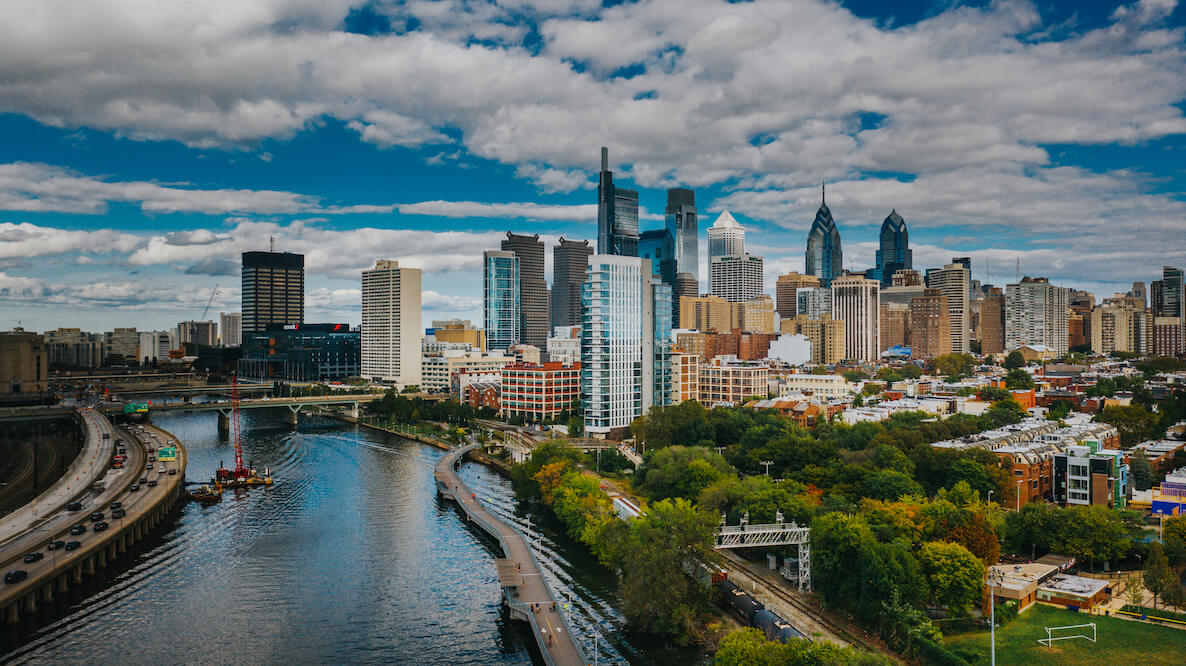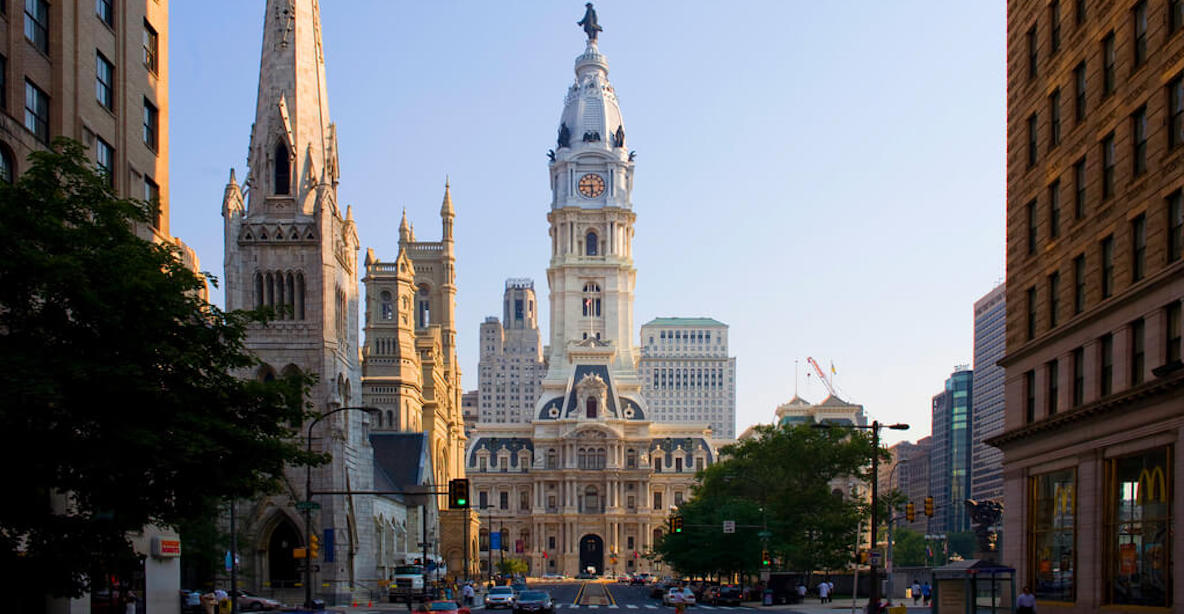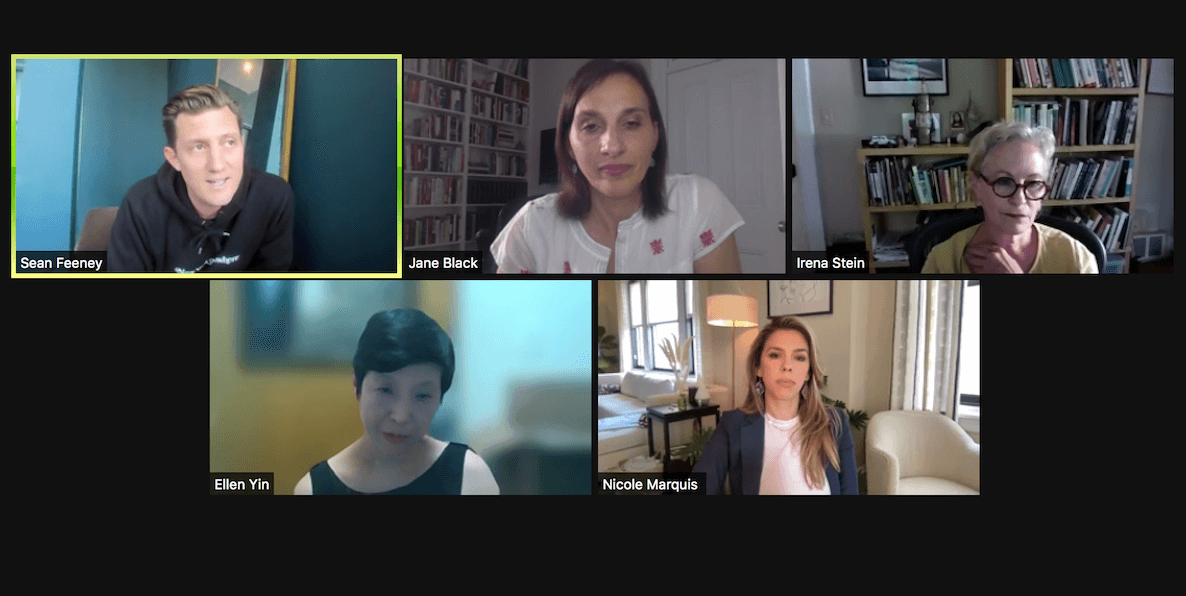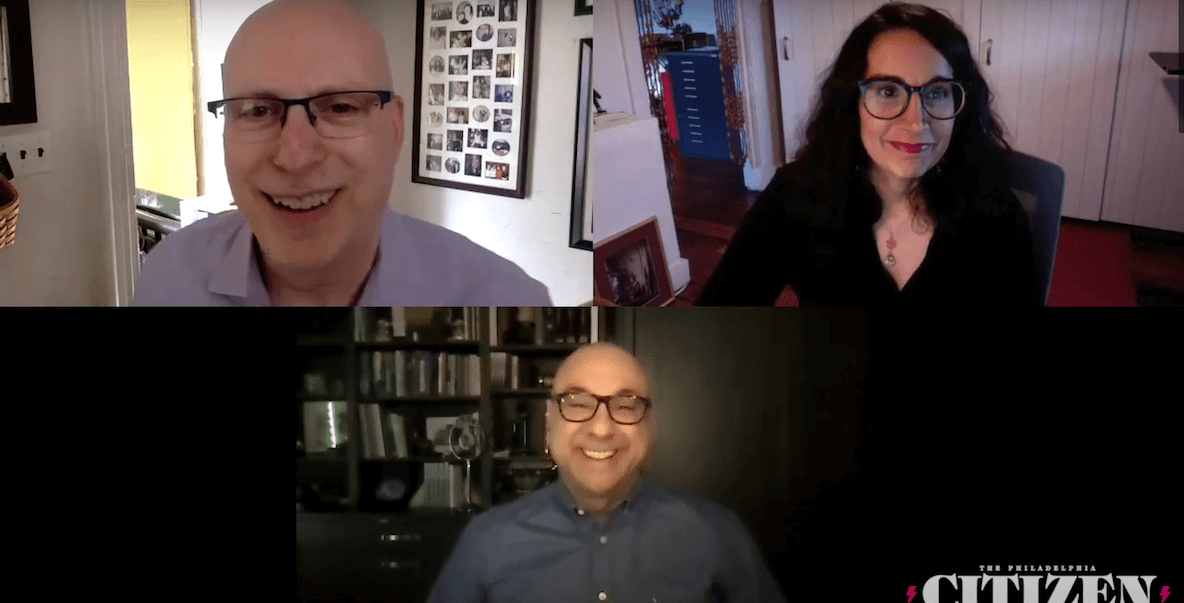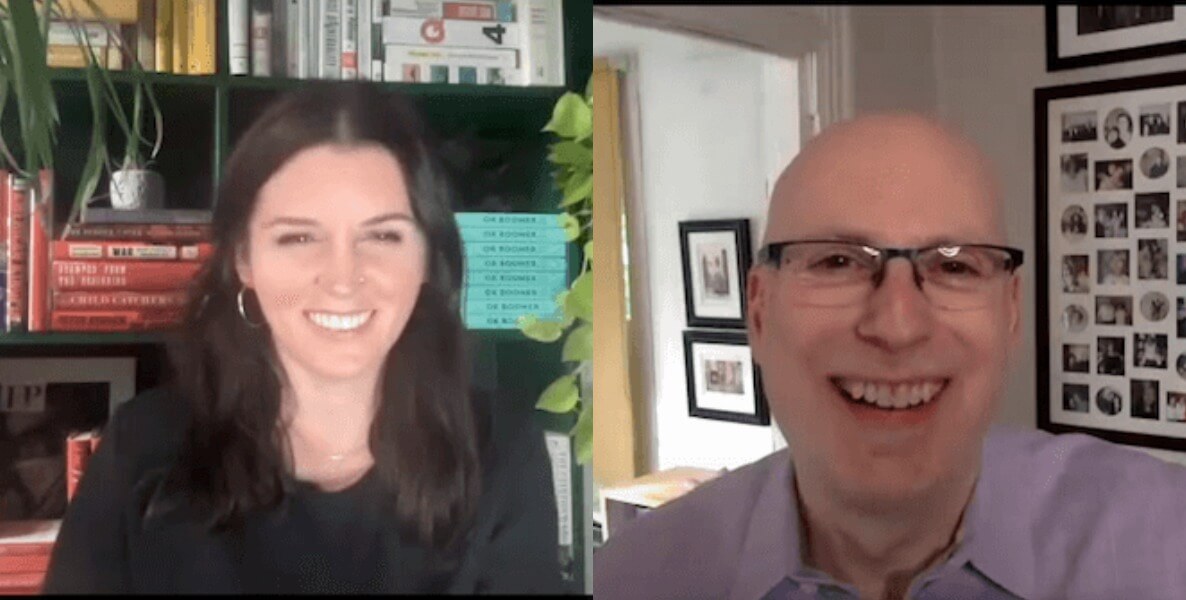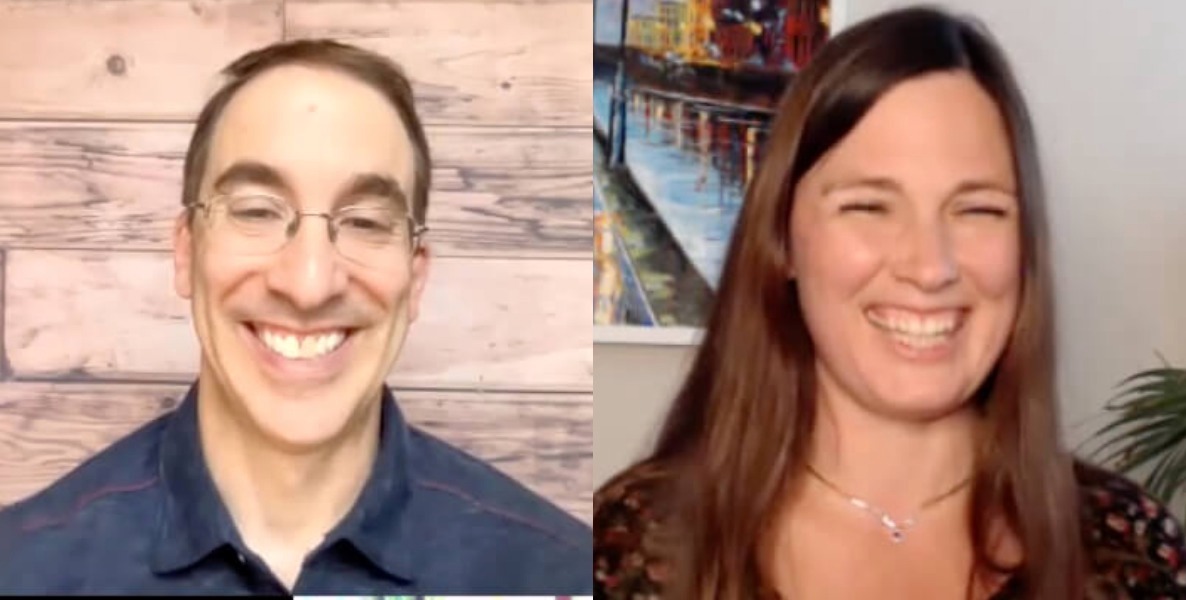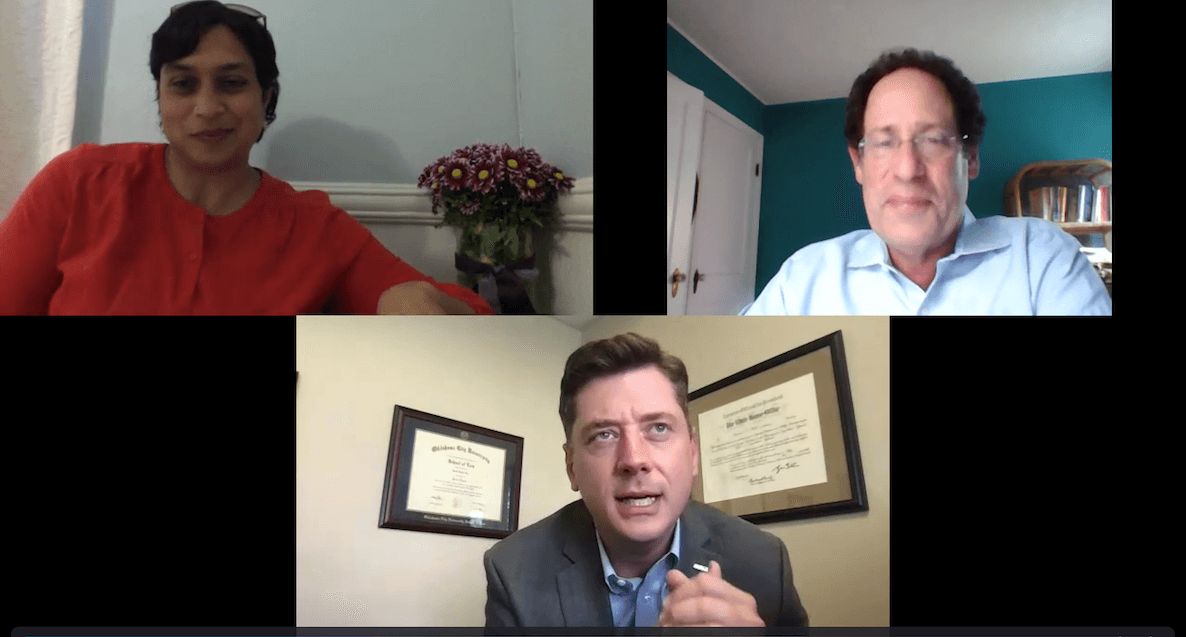For decades, there’s been nothing, well, sexy about infrastructure—nothing sparkly to get the general public excited. And that’s because the word has for so long conjured up images of roads and highways, sewage and pipes. The kinds of things no one cares about—until they’re broken.
But with the American Relief Plan funneling a historic trillions of dollars throughout the country, suddenly the conversations about how best to use that money—how to rethink what infrastructure really means and can be—are all anyone can talk about.
So it felt particularly thrilling—dare we say, sexy?—to hear from one of the foremost thinkers on the subject, legendary urbanist and Citizen columnist Bruce Katz, in conversation with two other trailblazers in the field—Oklahoma City mayor David Holt and Shalini Vajjhala, founder/CEO of re:Focus, a California social venture—at The Citizen’s most recent, incredibly timely, virtual event on Wednesday night, in partnership with Fitler Club.
MORE ON THE LOCAL ECONOMY AND INFRASTRUCTURE
“This is a long time coming,” Katz said of the need to revisit and reinvest in infrastructure, as he kicked off the event. He noted the key role local leaders will play in our recovery. “We all look to Washington and the legislative machinations, but at the end of the day, this becomes local: mayors and advocates and practitioners have an enormous say in what we fund and how we fund it… and whether and how it will advance outcomes.” Later, he added, “This is how our cities will build back: with broader definitions [of infrastructure], with federal investment—and more importantly, local agency and delivery.”
Here, five key takeaways from their spirited conversation. If you missed it, you can watch the event below.
And be sure to join us for our upcoming (free!) events, covering a wide array of topics, from education to gun violence, real estate, and more. Find the complete list and be sure to RSVP here.
Five things we learned about infrastructure:
- Infrastructure can be—gasp—fun.
Out in Oklahoma City, Holt shared, infrastructure projects have spanned everything from the OKC Thunder’s Chesapeake Energy Arena to Olympic-caliber whitewater rafting rapids. So often, Vajjhala concurred, “the ‘fun’ stuff is also necessary but gets shoved to the side.” And it shouldn’t.
- Fun can fuel the economy!
All those improvements Oklahoma City took on? They didn’t just pretty-up the city and give locals a sense of pride, Holt said: They fueled tourism, kept young people from fleeing to other cities, gave families something to do on weekends, and created welcoming spaces for young people and seniors alike.
- Infrastructure spans spheres.
Vajjhala recalled working with Hoboken, NJ, after Hurricane Sandy to go beyond reacting to the extensive water damage, and being proactive about the bigger-picture problems it revealed—and how to address them. That kind of thinking led to a plan to create a public parking structure (get cars off of the streets!) adjacent to a beautiful and much-needed green space (with an ice rink and amphitheater, to boot!), the costs for which will be largely covered by the parking structure.
Often, Vajjhala added, there’s an “urgency to become whole instead of better.” That’s a missed opportunity—and our post-Covid opportunity. When OKC has thought about infrastructure, for example, they’ve addressed community mental health needs, homelessness, affordable housing, recovery and addiction, and so much more.
- Asking the right questions is key.
Another brilliant point raised by Vajjhala: Leaders have to start asking who loses money when you don’t build something? “Who loses money when you don’t protect the Gulf Coast of the U.S.?” she posed by way of example. Not just that region, she pointed out, but the airline and hotel industry—and that invites other funders to the conversation, money that can unlock far bigger projects than local municipalities can afford. “Often we think about infrastructure as locally-constructed and miss chances to look at wider networks of beneficiaries,” she said. But when you reframe the question, you can zoom out past city budget constraints, and bring a wider pool of stakeholders to the table to start problem-solving. “It gives you a different perspective on how you can do system redesign,” Vajjhala said.
- We can dismantle racist structures. And we must.
Vajjhala and her team are always looking at what they call “legacy assets.” “If we don’t think about investing in taking down the things that don’t work, we’re going to keep leaving communities further and further behind,” she said. That concept was at the centerpiece of a New York Times article just this week, looking at Biden’s plan to address the highways that have decimated largely-Black communities throughout the country, and it’s at the heart of Vajjhala’s recent piece for Brookings, too.
As Citizen co-founder Larry Platt, who opened and closed out the event, likes to say: “That which is made by bad policy choices can be undone by smart policy choices. It’s not carved in stone.” Amen.



